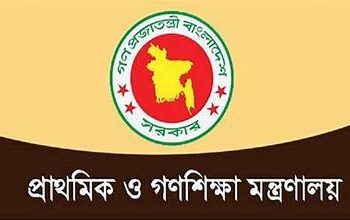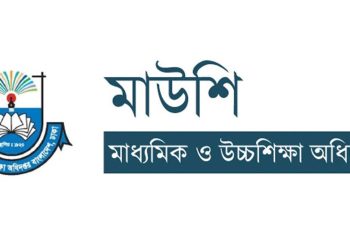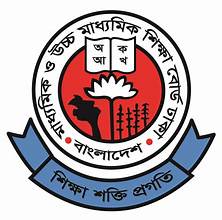Around 50 lakh children in the country have been suffering from kidney problems with five per cent of them suffering from chronic kidney diseases, doctors said. An expert revealed that four to five per cent of child patients who visit the outpatient departments of hospitals have kidney problems. Dr Golam Muin Uddin, president of Bangladesh Paediatric Nephrology Society, said; “About two crore people in the country currently suffer from kidney or kidney-related diseases. Of them, 40 lakh to 50 lakh are children below the age of 16 years.”
Dr Muin Uddin, who is also a former chairman of the nephrology department at Bangabandhu Sheikh Mujib Medical University Hospital (BSMMU), said that most kidney diseases can be prevented through timely treatment. He revealed that genetics, inflammation of tonsils, and skin infections may be risk factors for kidney-related illnesses. Lack of awareness could also be a factor, he mentioned. “Parents should take steps to ensure timely treatment for their children to avoid kidney failure. Medicines should not be given to children without a prescription,” he advised.
The paediatric nephrologist said: “BSMMU launched both dialysis and kidney transplantation in 2004. So far, the university has successfully transplanted 12–13 kidneys. Although a kidney transplant usually costs Tk. 2 lakh initially, surgeons at BSMMU surgeons do not charge any fee.” Dr MA Samad, president of Kidney Awareness Monitoring and Prevention Society (KAMPS), said: “There is no exact figure for the number of kidney patients as there is no surveillance of patients. However, there might be about two crore patients with kidney-related problems, among whom 45 lakh are children.”
“KAMPS will begin a scientific survey of kidney patients very soon to get a clearer overview of the situation,” he also said. “Congenital problems, acute kidney failure following diarrhoea, and inflammation of nephritis are the main reasons for kidney disease in children,” he added.
He warned that a child could face acute kidney failure due to diarrhoea. “Children have a 29 per cent greater likelihood of kidney failure resulting from diarrhoea than adults,” he said. Dr Samad suggested that parents should ensure regular check-ups for infants and take the necessary measures if a child has diarrhoea.
He also advised parents to ensure that their children have a healthy lifestyle and refrain from eating fast food to avoid kidney disease. Meanwhile, the country’s leading nephrologists at a press conference yesterday called for mass awareness on kidney diseases ahead of World Kidney Day that is to be observed in the country today. They informed that more than 40,000 people are being affected by chronic kidney diseases annually in Bangladesh.
Prof Dr M Rafiqul Alam, president of Bangladesh Renal Association said detection and prevention are the main weapons to fight against the kidney disease. “We put emphasis on creating mass awareness on it so that patients can detect their kidney problems at early stage to get them cured,” he added. He also warned the kidney patients not to undergo ‘stem-cell therapy’ for kidney diseases as it is not recognized by any country as a kidney disease treatment.
It is informed that chronic kidney diseases cause at least 2.4 million deaths per year while acute kidney injury affects over 13 million people worldwide of which 1.7 million people are estimated to die annually.

















Discussion about this post